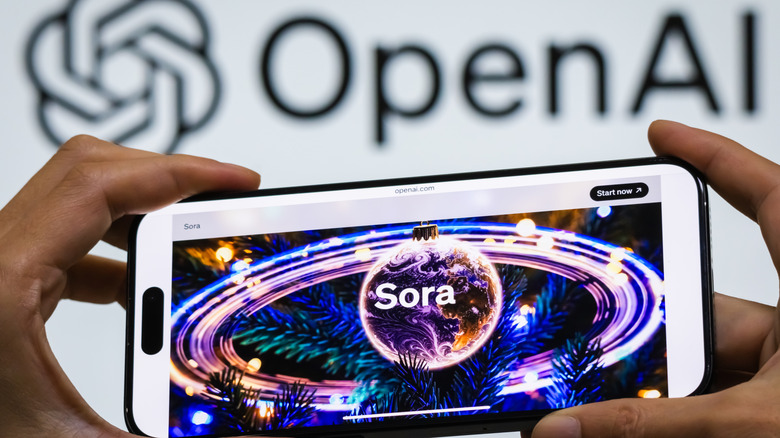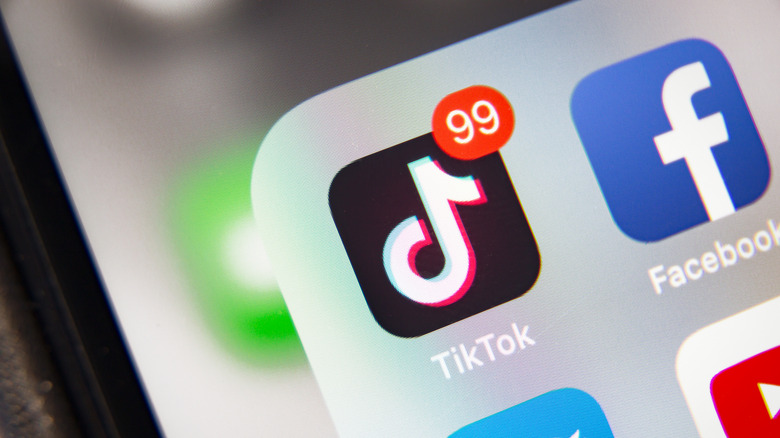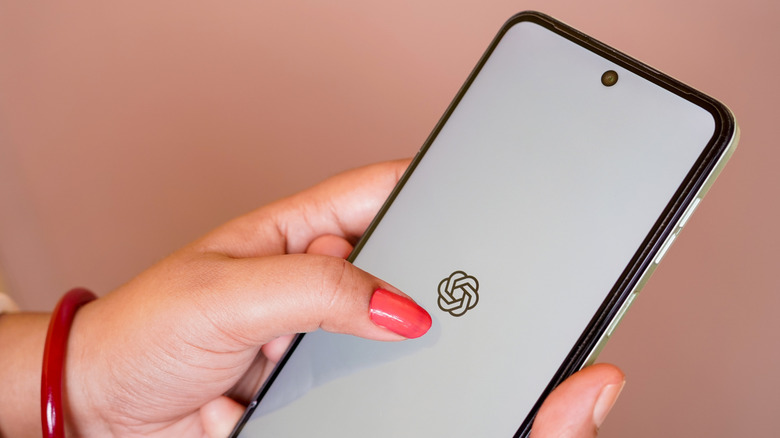OpenAI Is Reportedly Building A TikTok-Style App For Sora 2 AI Video Slop
Meta might not be the only AI company to offer users access to a social media product that features only AI-generated content. After Meta unveiled Vibes a few days ago, OpenAI will reportedly soon launch the TikTok of AI-generated video slop. According to Wired (via Gizmodo), the app will be powered by the next-generation Sora 2 video model that the ChatGPT maker will soon unveil.
OpenAI launched the first public version of Sora last December, well before tools like Google's Veo 3 arrived. However, Sora did not see the popularity OpenAI's 4o image generation model would experience a few months later. Meanwhile, Google's Veo 3 is one of the best AI video generation products released this year.
Having OpenAI release a social app focused on AI-only content is somewhat worrying, considering that many people do not appreciate AI slop. But that's not the only bad news. OpenAI will reportedly give its AI social app a rather disturbing feature, prompting users to verify their identity via a facial recognition system. Also troubling is a Wall Street Journal report that says copyright holders will have to opt out of having their copyrighted works featured in Sora 2 content.
How OpenAI's TikTok-like app might work
Wired explains that the Sora 2 app will ask consumers to use a facial recognition system to confirm their identity. The confirmed likeness can then be used in Sora 2 AI videos, which sounds like what one would expect from an AI-centric social network focused on video content. However, some users might not be comfortable with verifying their identity, especially those who don't want to create their own AI content.
There's an even more controversial purported feature tied to the identity verification. Other users on the platform will be able to use your likeness in their AI slop. You'll receive notifications if they do, even if the content doesn't make it out of their drafts folder. It's unclear if users can opt out of having others use their face in AI videos.
Otherwise, the OpenAI TikTok clone should work just like social media apps that feature short-form video content. The app will feature Sora 2 videos that will be up to 10 seconds long, along with support for comments, likes, and content remixing. Users will reportedly be able to create Sora 2 videos via text, photos, and video prompts.
What about copyright protections?
Sora 2 is trained to avoid copyright violations when creating content, according to Wired. That's a useful protection to have in place, though only real-life use will show us if it works. Restrictions in AI programs can be bypassed by clever prompts. That said, the WSJ report claims that Sora 2 will be able to create videos using copyrighted content unless holders opt out of having their work appearing in Sora 2.
OpenAI supposedly informed talent agencies and studios about the opt-out process last week, as Sora 2 could be launched as early as Tuesday, September 30. OpenAI will not accept a blanket opt-out that covers a creator's entire body of work. Instead, talent agencies will have to report violations they discover, which could turn out to be a tedious, ongoing job. However, OpenAI has agreements with some studios that will prevent certain copyrighted characters from appearing in AI content.
The report also notes that Sora 2 won't generate images of well-known public figures without their permission. Also, the new tool should have the same copyright protections as the ChatGPT image generation tool that went viral earlier this year. As a reminder, that product allowed users to create AI pictures using the Studio Ghibli anime style. Users were also able to generate deepfakes featuring the faces of well-known celebrities with relative ease, at least in the early days following the launch of the ChatGPT 4o image generation tool.


